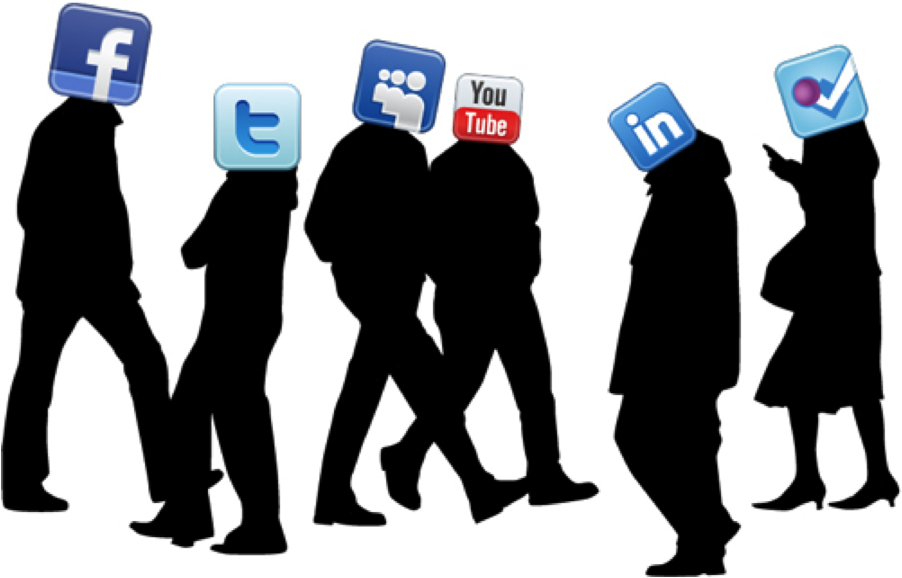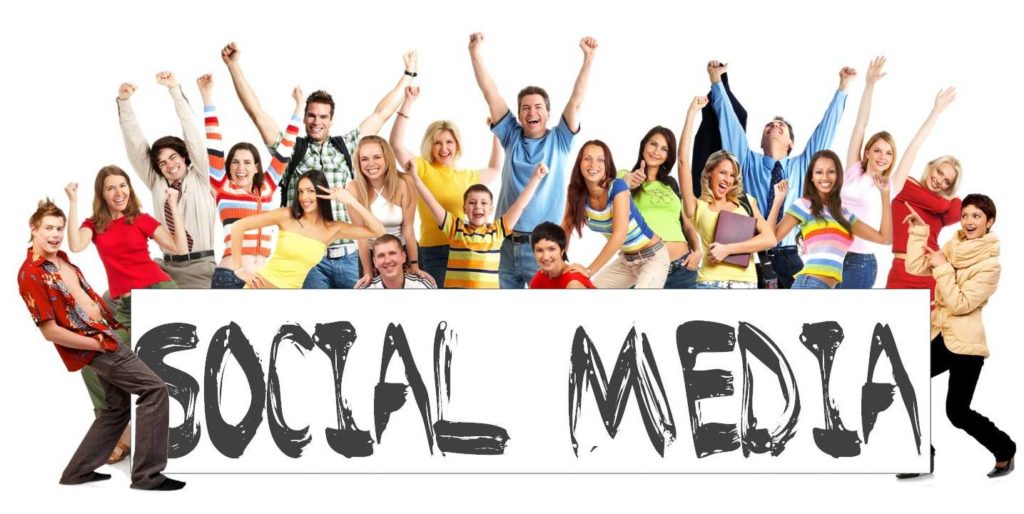Why is the “eye to eye” communication so rare these days?
No one can say anymore that these are just creative applications handy for having some fun and easier communication. It’s been a while since Facebook, Twitter, Instagram and other social platforms became an integrated part of everyday’s life of millions worldwide.
[thrive_custom_box title=”” style=”light” type=”color” color=”#337ebf” border=””]The virtual world has captured many who spend time online witnessing updates in lives of family, friends, and acquaintances. [/thrive_custom_box]
Social media trap
It all maybe started as a great way for instant connection to people and interesting “hanging out”, but nowadays we’re all virtually expressing ourselves, documenting our lives and closely monitor on the others. These interactions trigger myriad shades of emotions. Including the negative ones. No doubt there are many amazing advantages of using social media, but what worries is increased the number of studies indicating the bad influence of virtual world on out emotional and mental state. Understanding of our personal motives for using social websites could reveal various pathology. On the other hand, observing emotional influence these platforms impose onto us could reveal that social media is making us depressive, anxious or lethargic.

Are teens in America suffering “social websites depression”?
 Nearly 60% of all Americans have a profile on some social network. Although teenagers and young adults are the most active users, these applications are not reserved for young anymore. 55% Americans aged between 45 and 55 use social networking and devastating 30% of all users check their profile several times a day, seven days in a week. The average number of hours spent online indicates significant attention dedicated to updates in the virtual world. Some aspects of online behavior are quite intriguing. The majority of young adult users find it easier to express their emotions and honest opinions in the form of a status update than personal face to face. These are just some facts suggesting that social media have a great impact on out psyche and emotional life. “Facebook depression” came up as a phrase used in one recent large-scale study focused on the influence of social networking when higher rates of depression and anxiety were detected and linearly linked to using these websites. The term is not an official diagnose yet, but many psychiatrists recognized the connection between Internet use and depression among young Americans. The theory is that social media contributes these illnesses in three major ways: by influencing self – esteem, exposing youngsters to bullying and promoting comparison with others.
Nearly 60% of all Americans have a profile on some social network. Although teenagers and young adults are the most active users, these applications are not reserved for young anymore. 55% Americans aged between 45 and 55 use social networking and devastating 30% of all users check their profile several times a day, seven days in a week. The average number of hours spent online indicates significant attention dedicated to updates in the virtual world. Some aspects of online behavior are quite intriguing. The majority of young adult users find it easier to express their emotions and honest opinions in the form of a status update than personal face to face. These are just some facts suggesting that social media have a great impact on out psyche and emotional life. “Facebook depression” came up as a phrase used in one recent large-scale study focused on the influence of social networking when higher rates of depression and anxiety were detected and linearly linked to using these websites. The term is not an official diagnose yet, but many psychiatrists recognized the connection between Internet use and depression among young Americans. The theory is that social media contributes these illnesses in three major ways: by influencing self – esteem, exposing youngsters to bullying and promoting comparison with others.
University of Pittsburgh research associates social networking outlets with psychology issues
 Scientists at this School of Medicine conducted recently the first big study testing the connection between depression and time spent on social websites.The research included nearly 2000 young adults aged between 19 and 32. The participants answered various questions about eleven most popular social media and their personal habits online.The revealed intriguing results showed that total amount of time spent online was linearly associated with expressed symptoms of depressive feelings, apathy or …
Scientists at this School of Medicine conducted recently the first big study testing the connection between depression and time spent on social websites.The research included nearly 2000 young adults aged between 19 and 32. The participants answered various questions about eleven most popular social media and their personal habits online.The revealed intriguing results showed that total amount of time spent online was linearly associated with expressed symptoms of depressive feelings, apathy or …

